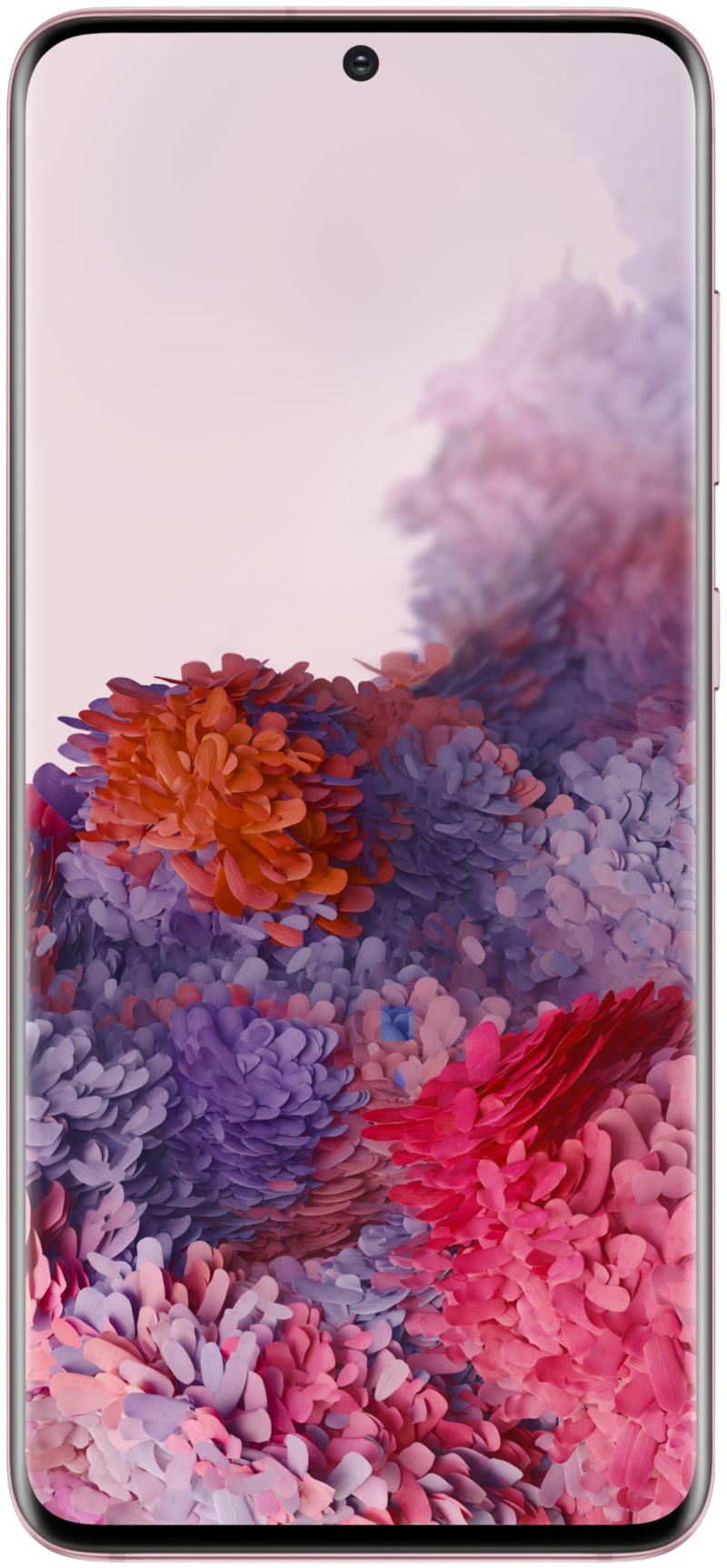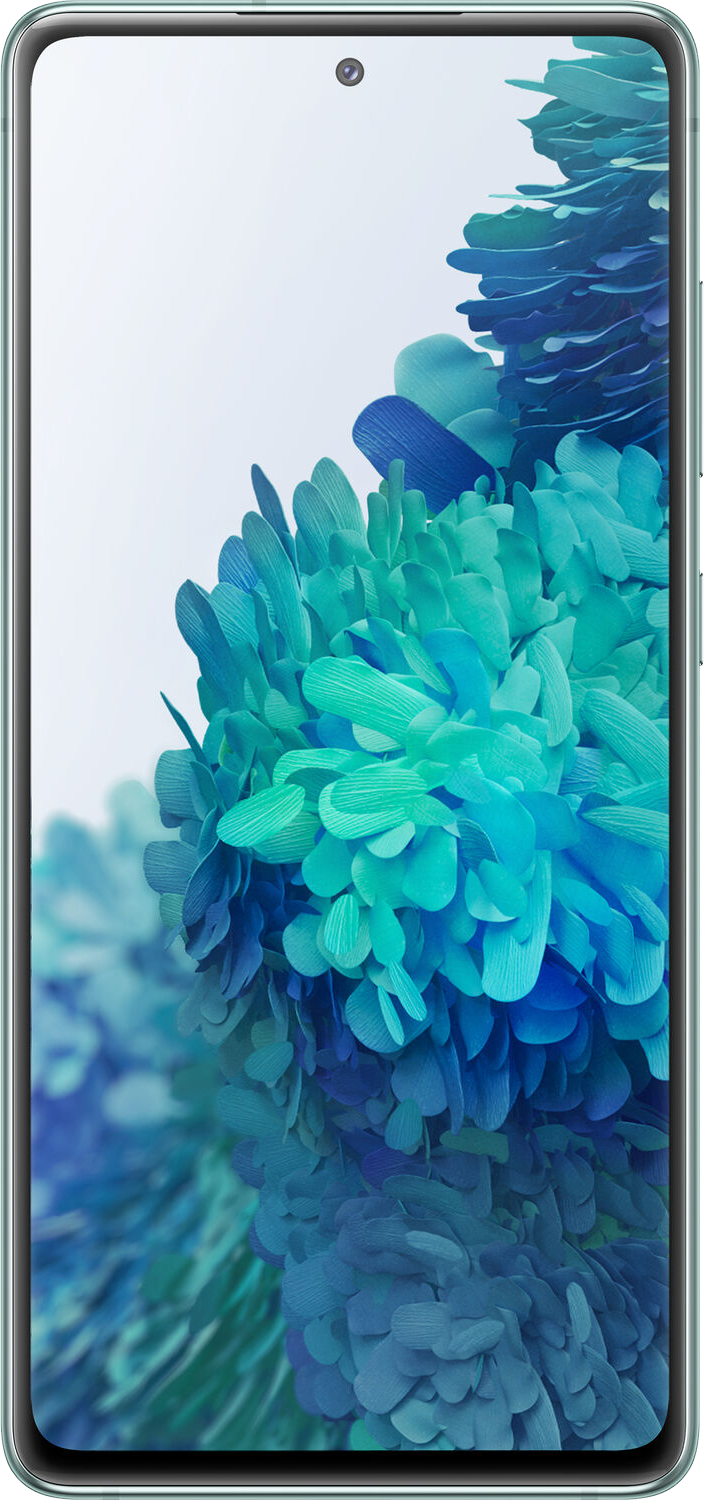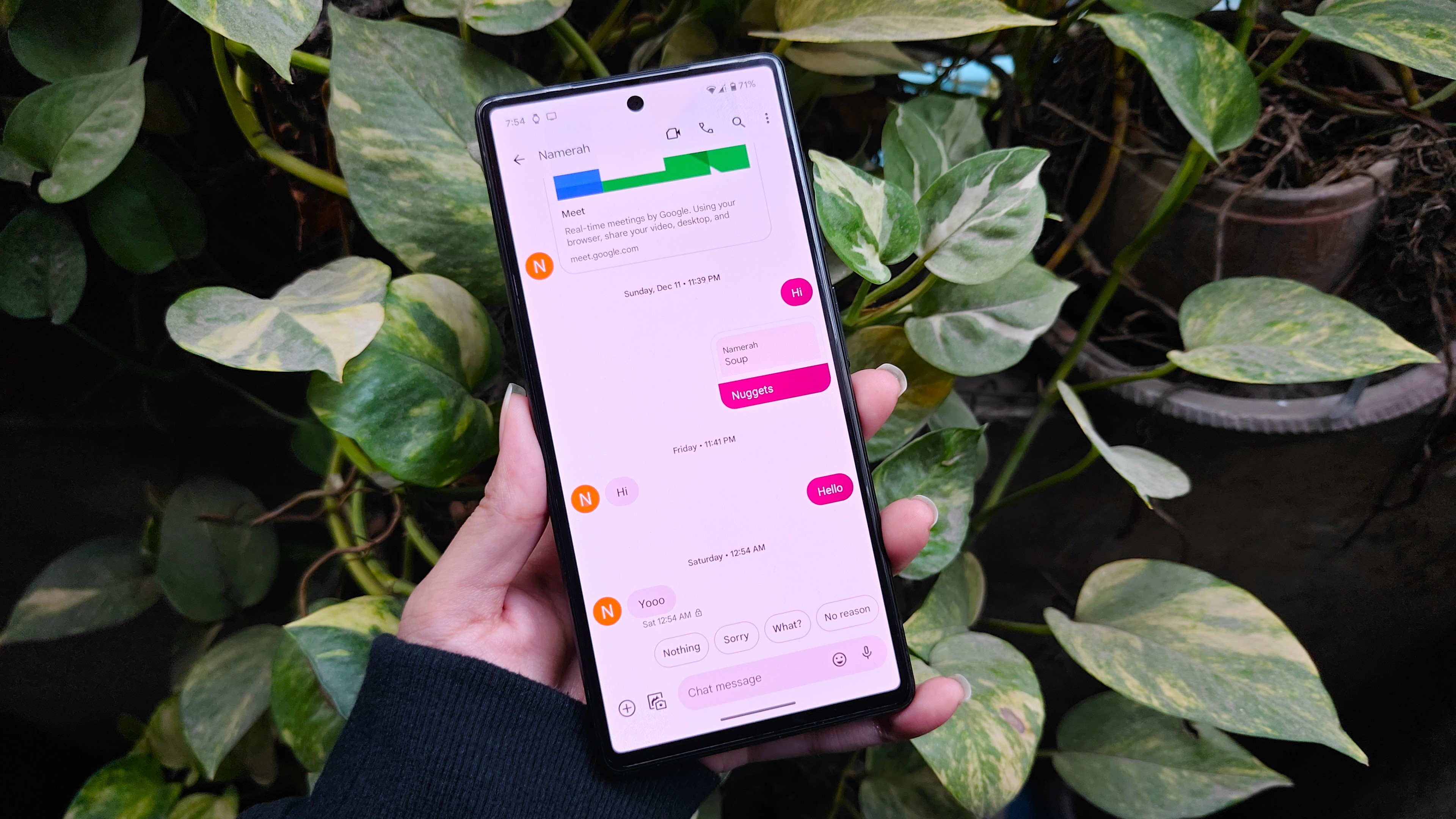Should you buy a 5G phone in 2022?
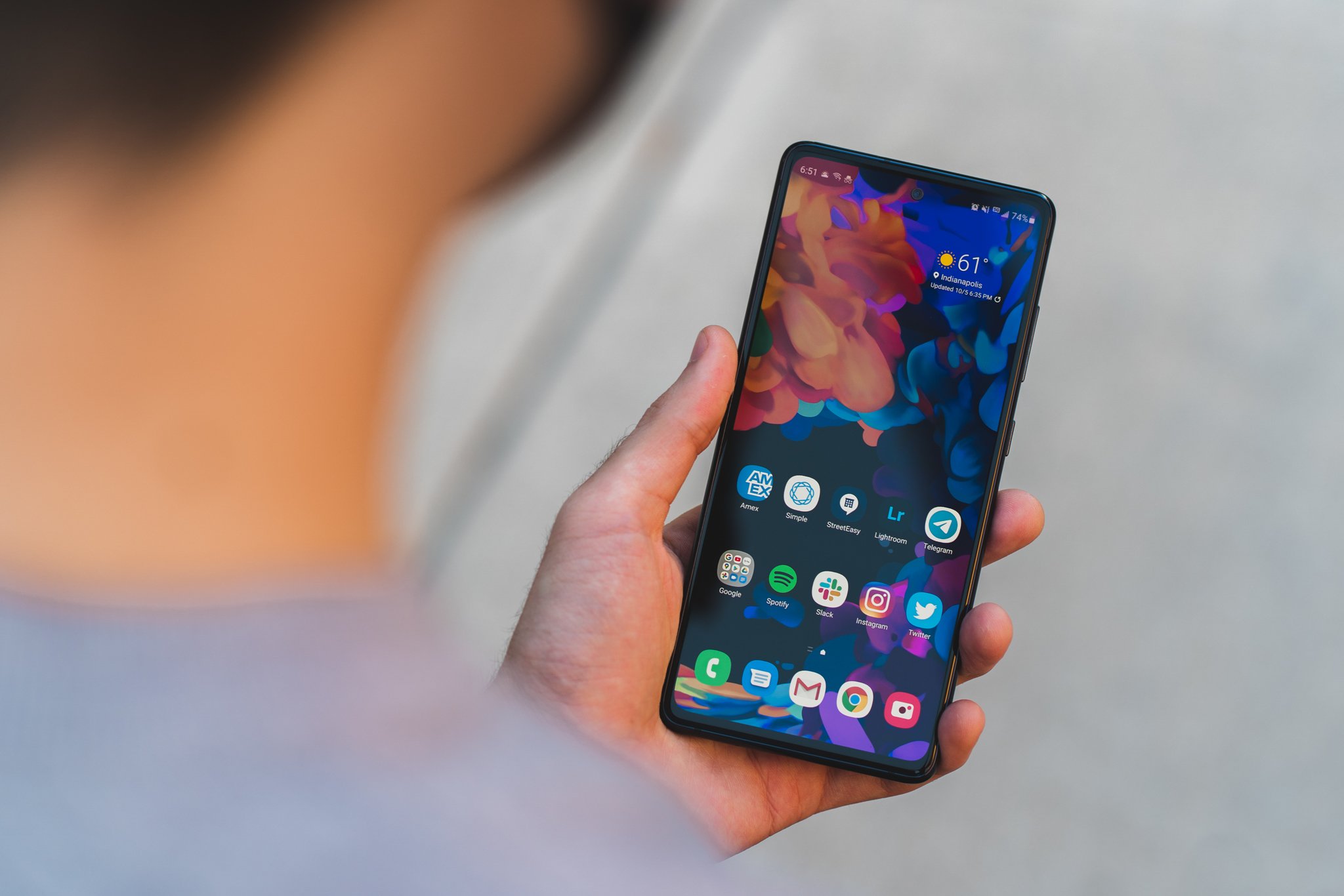
Best answer: Yes, nationwide 5G is available on all of the big three carriers, with many prepaid carriers are also offering support. 5G isn't available for everyone just yet but by now, there's a good chance you've got some coverage or can find it.
- 5G as standard: Samsung Galaxy S20 (From $1,000 at Samsung)
- The best of the S20 series for less: Samsung Galaxy S20 FE ($700 at Amazon)
Get the right 5G phone
Pretty much every flagship phone released in 2020 has 5G support and it's no surprise that most of the best Android phones you can get right now have 5G. Verizon phones are a bit of a different story and may require a software update to access Verizon's nationwide 5G network. There's no timeline for when or if this update will come to unlocked phones though it's possible.
For most people, the most important thing is to make sure your phone supports the sub-6 5G bands your carrier uses. AT&T and Verizon phones should have support for band n5 while T-Mobile phones should support both n41 and n71. If you want the fastest possible connection you can get a phone that also supports mmWave for the few places that have mmWave coverage.
If you're getting a pre-owned phone or just an older phone like the Galaxy S10 5G, there's a good chance that it won't support all of the bands in use by your carrier, and in the case of Sprint phones, may not work with 5G at all anymore. The only 5G Sprint phones you should get right now are in the Galaxy S20 series.
It's also worth remembering that an AT&T phone that advertises itself as 5G Evolution ready actually doesn't have any 5G support at all. AT&T's 5Ge network is simply LTE rebranded.
5G coverage is finally here
Be an expert in 5 minutes
Get the latest news from Android Central, your trusted companion in the world of Android
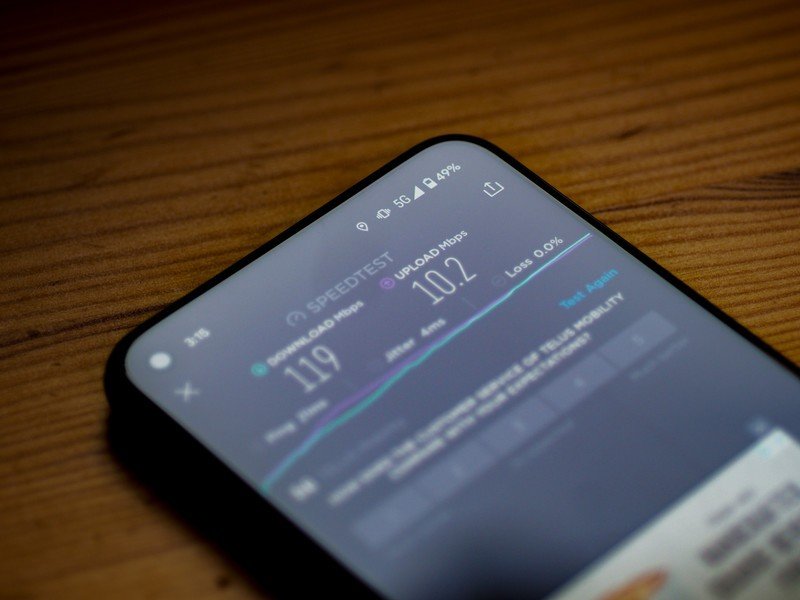
All three major carriers now have some sort of nationwide sub-6 5G network. Sub-6 5G has much greater coverage than the mmWave 5G deployed early on by AT&T, T-Mobile, and Verizon. This 5G now covers hundreds of millions of Americans.
Each carrier has been consistently adding additional coverage to its 5G network and will likely see the majority of the network improvements going forward. The speeds on sub-6 5G won't be anything special compared to a mature LTE network but as more spectrum is able to be dedicated to 5G, the speeds should catch up and surpass LTE in the coming years.
Make sure you get the right plan
Luckily, sub-6 5G is included with most plans you can sign up for right now. On AT&T, 5G access is included with all unlimited plans though many of the older data plans won't get support. This is different from both T-Mobile and Verizon with nationwide 5G working on all plans as long as you've got a supported phone.
Many prepaid carriers also included 5G on some or all of their plans. Visible, for example, has announced that it will offer 5G on Verizon's nationwide 5G network in 2020. T-Mobile-based carriers like Mint Mobile already offer 5G on all plans.
With support on most new phones, plans, and carriers, it's finally worth it to choose 5G when you buy your next new phone.
When Samuel is not writing about networking or 5G at Android Central, he spends most of his time researching computer components and obsessing over what CPU goes into the ultimate Windows 98 computer. It's the Pentium 3.
